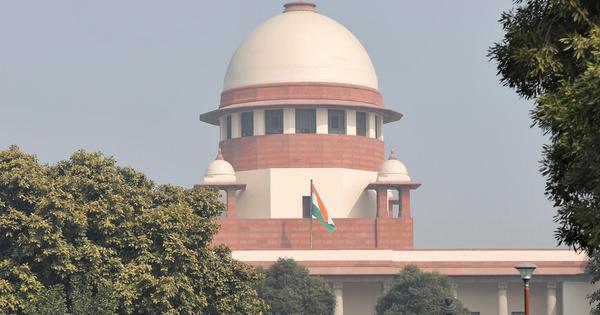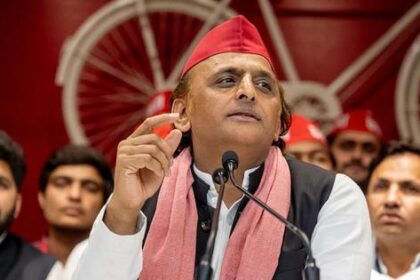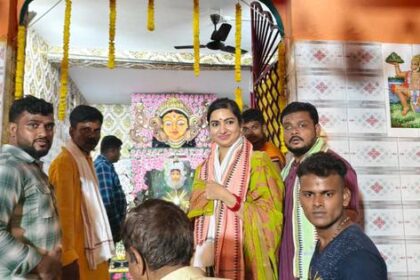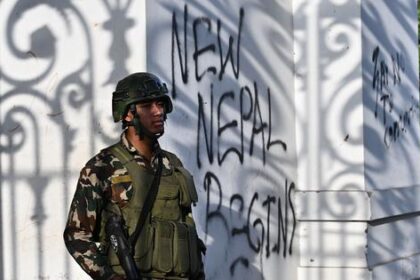Court reprimands state election panel for delays, emphasizes importance of grassroots democracy in local governance.
The Supreme Court has expressed its dissatisfaction with the Maharashtra State Election Commission’s failure to adhere to a previously established timeline for conducting local body elections. This criticism came during a hearing on Tuesday, where the court set a new deadline of January 31, 2026, as the final date for these elections. A bench consisting of Justices Surya Kant and Joymalya Bagchi described the deadline extension as a “one-time concession” and made it clear that no further extensions would be permitted.
The elections in question involve a wide range of local governance bodies across the state, including zilla parishads, panchayats, and municipal corporations. The delay in these elections has been attributed to a Supreme Court case concerning reservations for Other Backward Classes (OBCs), which has stalled electoral processes since 2022. As a result, numerous urban and rural local bodies have been operating without elected representatives, with the terms of existing representatives having expired between 2020 and 2022.
In a previous interim order issued on May 6, the Supreme Court had directed that local body elections should be announced within one month and completed within four months. It had also allowed the election panel to approach the court if additional time was needed. During the latest hearing, the counsel for the State Election Commission informed the court that while the delimitation process for zilla parishads and panchayats had been completed, work was still ongoing for municipalities.
The election panel cited several logistical challenges as reasons for the delays, including a lack of sufficient Electronic Voting Machines (EVMs), the unavailability of school premises due to board examinations, and delays in staff requisitioning. However, the bench noted that these excuses were insufficient, stating that the commission had failed to act promptly in compliance with the court’s directives. Furthermore, it remarked that the scheduled board examinations for March 2026 could not serve as a valid reason to postpone the elections.
The Supreme Court also mandated that the State Election Commission submit details regarding the personnel required for the elections to the state’s chief secretary within two weeks. The chief secretary is expected to coordinate with various departments to ensure that the necessary personnel are available within four weeks. Additionally, the poll panel must arrange for EVM availability and file a compliance affidavit by November 30.
The court underscored the necessity of upholding the constitutional mandate for grassroots democracy through timely elections to local bodies. It pointed out that the existence of elected bodies has a stipulated term, and delaying elections could result in irreversible consequences for those advocating for amendments to existing laws regarding OBC reservations. The bench noted that while these issues could be addressed in due course, there was no justification for further delaying local body elections in Maharashtra.
OBC communities represent over 38% of Maharashtra’s population, making them a significant voter base. The Maharashtra government had previously announced a 27% reservation for OBCs in local bodies, but this decision was invalidated by the Supreme Court in 2021 for exceeding the 50% cap on quotas. In 2022, the government attempted to reintroduce the same reservation based on recommendations from the Jayant Kumar Banthia Commission, which has also faced legal challenges, keeping the issue under judicial scrutiny.








